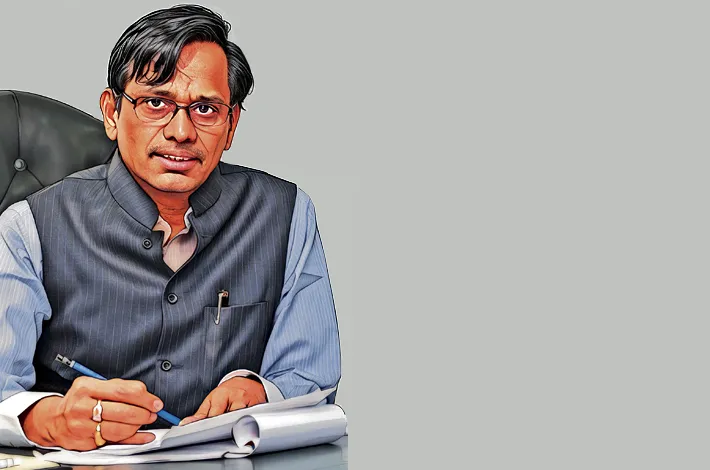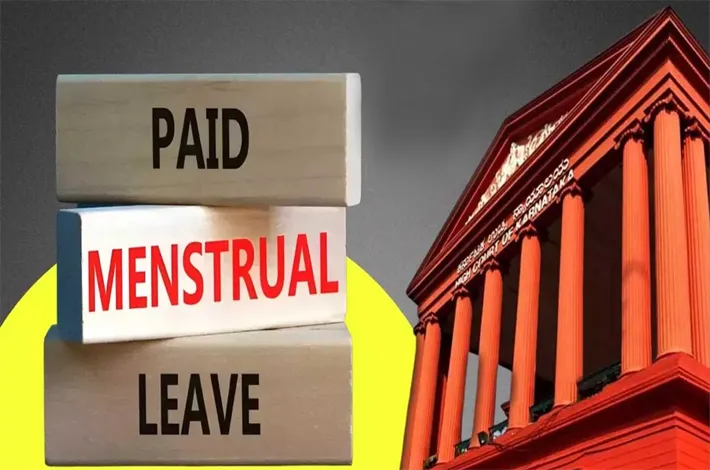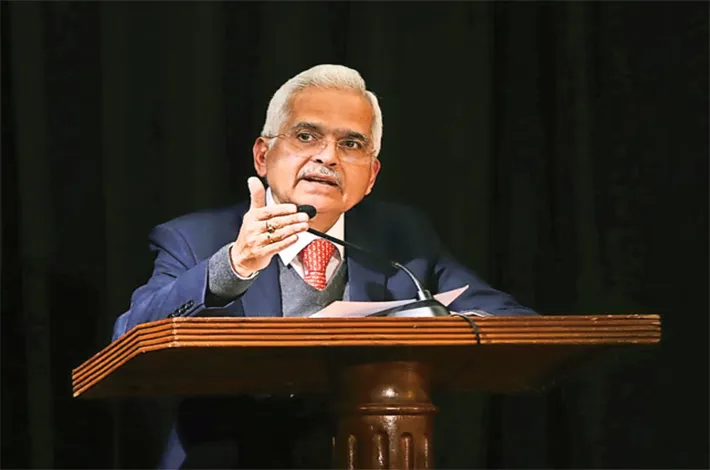British Fathers, Indian Sons, Continuance of Colonial mindset
13-02-2025 12:36:01 AM

India stands at a crossroads where the choice is between deepening the divides of the past or forging a new path of unity and equality
c l rajam
In Telangana state the Congress government led by Chief Minister Revanth Reddy has completed the caste census in the state as promised. Instead of feeling happy at the development, several caste groups are unhappy that their population strength was not properly assessed and they should get more percentage of reservations.
This led to a broad-based discussion and debate among the people on the very policy of reservations based on the caste. If one dwells more on the subject one would also get into the complicated caste system as existed from the ancient period to the present situation in the country.
The evolution of caste in the country
In the tapestry of India's rich cultural history, the caste system has woven a controversial and enduring thread. Originating in ancient times, the classification of people based on their professions evolved into a rigid social stratification known as the caste system. Let us try to explore the historical trajectory of caste in India, from its ancient roots to its modern political manifestations, highlighting the need for transformative action to address this deep-seated societal issue.
Ancient Roots: Varna to Caste
In ancient India, society was structured around the concept of 'Varna', which roughly translated to 'color' but was more about one's occupation or duty. The Brahmins were priests and scholars, Kshatriyas were warriors and rulers, Vaishyas were merchants and farmers, and Shudras were service providers. Over time, this system morphed into something more rigid, with castes or 'jatis' becoming hereditary, thus solidifying social and economic roles into birth-specific identities.
Mughal Influence and British Exploitation
The Mughal period saw an interesting dynamics where, instead of dismantling the caste system, rulers sometimes reinforced it to maintain control over a diverse populace. They supported or at least did not discourage the continuation of caste practices among Hindus. The British, upon their arrival, masterfully exploited these social divides for their colonial strategy.
They conducted censuses that not only recorded but also rigidified caste identities, further entrenching them into the administrative and social fabric of India. This was part of their broader policy of divide and rule, which also saw the deepening of communal lines between Hindus and Muslims, eventually leading to the partition of India and the creation of Pakistan.
Post-Independence and Political Exploitation
After independence, the caste system was not dismantled but was rather politicized. Dr. B.R. Ambedkar, a key framer of the Indian Constitution, introduced reservations or affirmative action for the 'Scheduled Castes' (SCs), 'Scheduled Tribes' (STs), and later, Other Backward Classes (OBCs) to address centuries of discrimination. This was meant as a temporary measure, but successive governments have not only continued but expanded these reservations, often for political mileage rather than social justice.
The Need for Change
The current system, where caste determines political strategy, has led to a simmering discontent among various sections of society. There is a palpable tension over the fairness and effectiveness of reservations. It's clear that without a significant overhaul, India risks further social fragmentation and possibly even civil unrest.
Here's what could be done:
Incentivizing Unity:
Political parties should promote inter-caste marriages by providing incentives such as tax benefits, housing, or educational grants to couples crossing caste lines. This would encourage social integration at the grassroots level.
Economic-Based Reservations:
Instead of caste-based reservations, a shift to economic criteria could be more equitable, ensuring that aid reaches those who are economically disadvantaged, regardless of caste.
Education and Awareness:
There should be a concerted effort towards education that promotes social harmony, teaching the historical context of caste but also the values of equality and meritocracy.
Legislative Measures:
Laws should be enacted or strengthened to punish caste-based discrimination more severely, making discrimination a costly affair both socially and legally.
Political Will:
Above all, there needs to be genuine political will to move beyond caste-based politics. This requires leaders who are committed to long-term social reform rather than short-term political gains.
India stands at a crossroads where the choice is between deepening the divides of the past or forging a new path of unity and equality. The historical manipulation of caste for political power has left a legacy that is both a challenge and an opportunity. The country's leadership must act decisively to ensure that caste does not continue to define and divide its people, safeguarding the vision of a truly democratic and equitable society.
Current Political Scenario
Today, caste politics is more pronounced than ever. Political parties across the spectrum have not shied away from leveraging caste identities to garner votes. This has led to further fragmentation, with parties promoting sub-caste identities, thus multiplying the divisions within society. The reservation system, instead of being a tool for upliftment, has become a contentious battleground, often criticized for perpetuating rather than alleviating caste divides.








